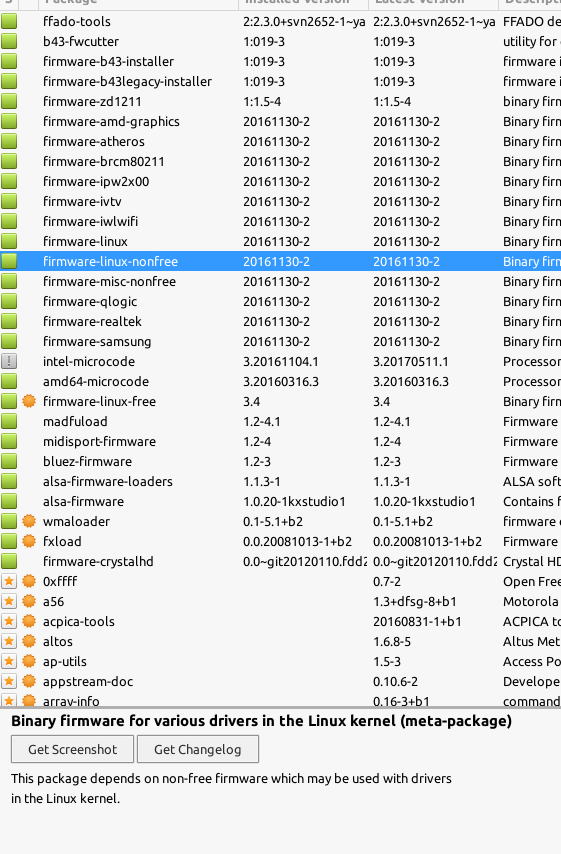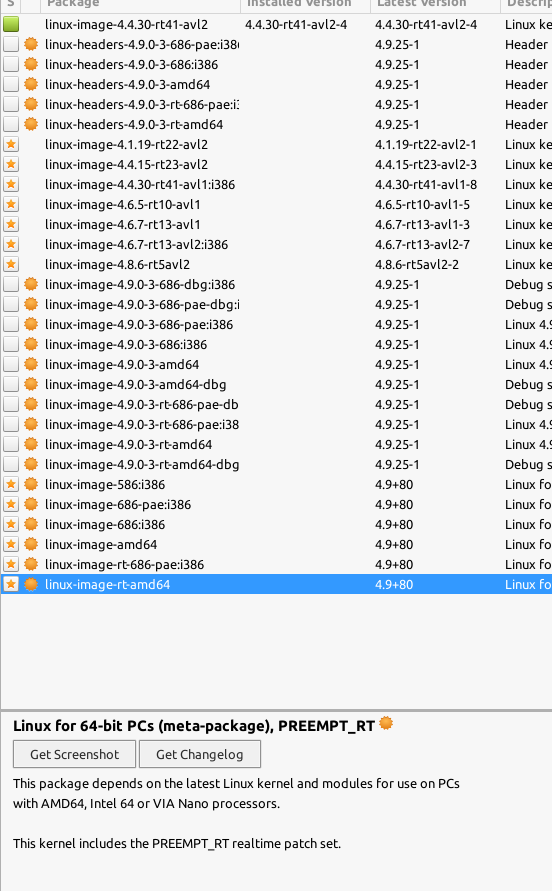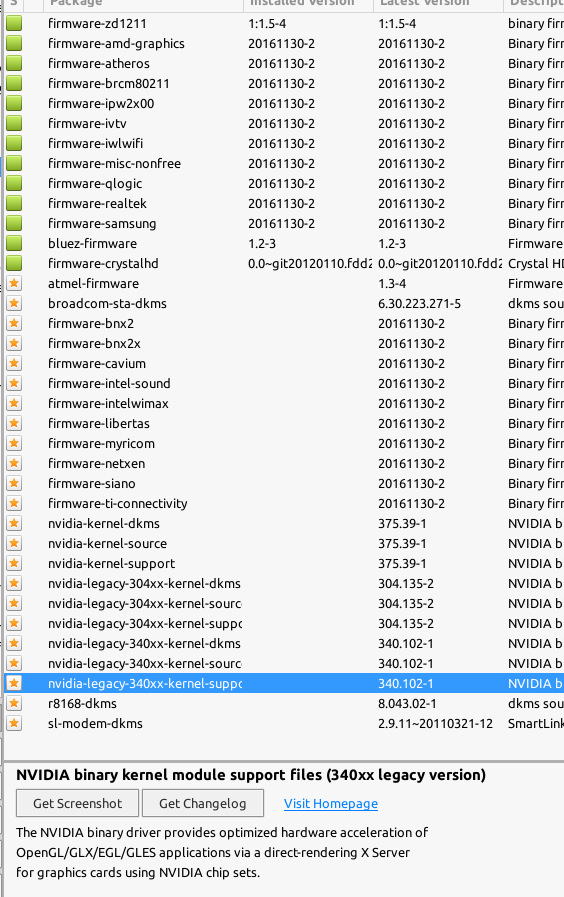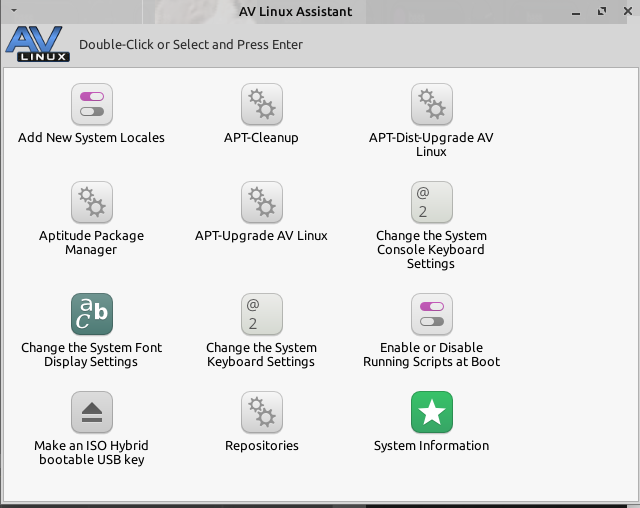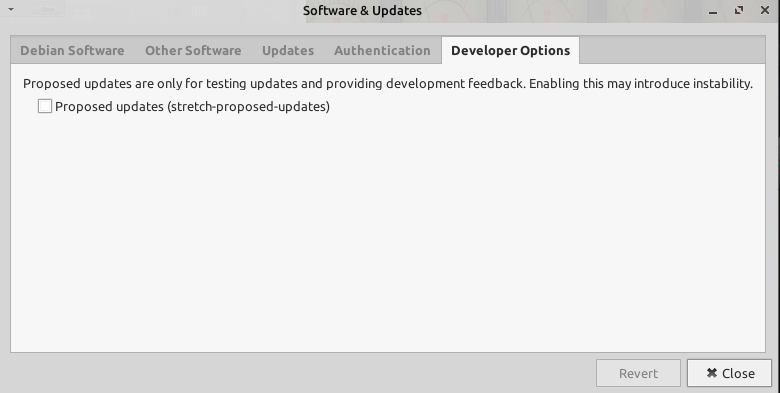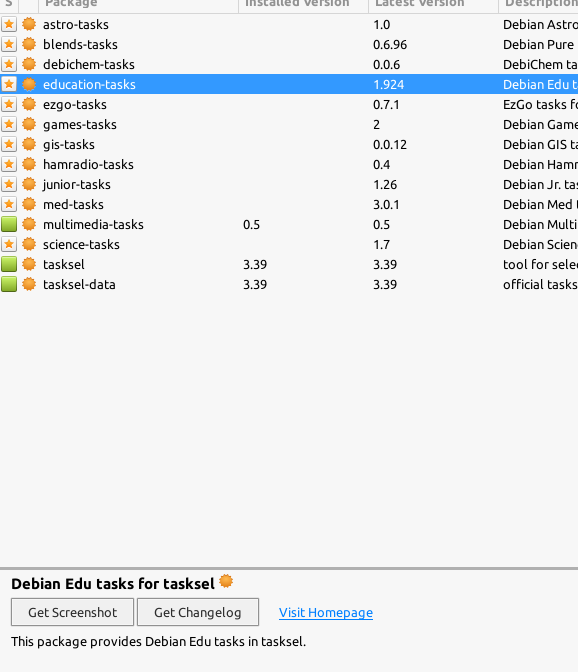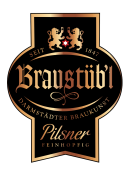AV Linux 2018.4.12 has been Released!!
*BUGFIXES
-Updated 4.9.76 RT Kernel with KPTI 'Meltdown' security patch (64bit AVL Only) - Thanks Trulan Martin!
*KPTI can be disabled at boot, see Manual page 76, Be aware no 32bit KPTI patch exists!
-Numerous important fixes to compatibility with KXStudio Repos - Thanks falkTX!
-Updated and fixed outdated Cin 5.1 and Spotify Repositories.
-WineASIO now works properly.
-Removed Grub-Customizer because it doesn't work on UEFI installs.
*NEW ADDITIONS
-ISO files now have accompanying MD5 and SHA256 files, verify your downloads! (Manual page 5)
-Optional 'lowlatency' Kernels (Required for Proprietary Video Drivers) - Thanks Trulan Martin!
-Optional 'SGFXI' Proprietary Video Driver Install (Requires 'lowlatency' Kernel).
-UEFI install (64bit AVL only) *So far only tested in VBox! - Thanks korakios and arjepsen!
-Wine-Staging replaces Debian's Wine packaging and WineHQ Repos have been added.
-Added firmware for Echo Audio devices
-Dynamic CPU Frequency adjustment (in 'Settings' menu) - Thanks korakios!
-Realtime Quick Config scan to check system tuning - Thanks raboof!
-Standalone AV Linux DD LiveUSB Writer to create ISOHybrid LiveUSB keys - Thanks Tony Brijeski!
-Simple Killswitch Utility to shut down unwanted processes.
-Kdenlive is back on the menu!
-Yoshimi comes back! - Thanks Will Godfrey!
-Xhip Synth and Plugins
http://xhip.net/ - Thanks acidose!
-LinVST (64bit AVL only) - Thanks osxmidi!
-SFZero SFZ Instrument Plugin - Thanks osxmidi!
-Noise Repellent Noise Reduction Plugin - Thanks lucianodato!
-Added new Shuriken Beat Slicer Repositories - Thanks rockhopper!
-Added Dragonfly Reverb plugins - Thanks Michael Willis, rghvdberg!
-Cool Retro Terminal... it's just for fun!
*NOTEWORTHY UPDATES
-AVL User Manual is now 130 pages with numerous additions, expanded content and clarifications.
-Official bundled builds of Ardour 5.12, ArdourVST 5.12 (32bit AVL only) - Thanks Paul Davis, Robin Gareus et al!
-Harrison Mixbus 4.3 and Plugin Demos- Thanks Ben Loftis, Robin Gareus!
-All Applications and Plugins from the KXStudio Repos are synced and updated - Thanks falkTX and all FOSS developers!
-AVL Drumkits LV2 0.2.3 - Thanks Robin Gareus!
-Cinelerra 'Cin 5.1' Video Editor (SO many improvements!!) - Thanks Goodguy, Phyllis!
-LSP Plugins 1.1.1 - Thanks sadko4u!
-Shuriken Beat Slicer 0.5.1 - Thanks rockhopper!
-Polyphone 1.8.
-Quick Updater Utility cleaned up.
*THANKS!
anahata, ByteMark, and Jeremy Jongepier at linuxaudio.org for Download facilities!
rockhopper, NUMAflex, drwhat - ISO Testing
jjfro, drwhat, ufug, magicalex and all other Manual Proofreaders!
*KNOWN ISSUES
-KPTI will introduce a performance hit, it's debatable how much it will impact Audio work but it does have an impact.
*KPTI can be disabled which will restore performance but leave your machine vulnerable to the 'Meltdown' exploit.
-Booting is slower on UEFI computers and getting to login takes longer.
-A recent update of Unetbootin no longer works to create bootable LiveUSB Keys of AV Linux 2018.
-AV Linux contains a new AV Linux DD LiveUSB Writer to write LiveUSB Keys with DD
-For those on other Deb-based Distros this is packaged here:
http://www.bandshed.net/packages/avl2usb/avl2usb_0.1.1-avlinux8-1_all.deb
-Otherwise writing to USB Key with DD from commandline will also work.
*NOT SO FAST!!
If you're new to AV Linux or Linux Audio in general you NEED to RTFM!
http://bandshed.net/pdf/AVL2018UserManual.pdf
*OK, GET AV Linux 2018 HERE!:
http://www.bandshed.net/avlinux/
*PLEASE DONATE IF YOU CAN...
The documentation for AV Linux alone is a time investment of many hours not to mention curating an entire OS that is convenient to use and ready for professional grade Audio and Video production at your fingertips. My sincere and heartfelt thanks to those who have already donated and supported the project. It is my own choice to share my time and efforts on making AV Linux available but I think in the bigger picture communities work best when when there is engagement by both sides. I would also ask that that people consider donating to falkTX's KXStudio project which has greatly enriched not only AV Linux but also all Debian/Ubuntu derivatives..
Please consider hitting the yellow Paypal button on the AV Linux website, ANY amount is welcomed and appreciated thanks!
Glen MacArthur - AV Linux Maintainer




